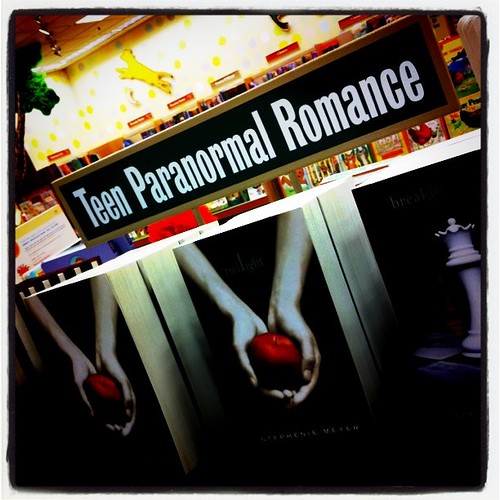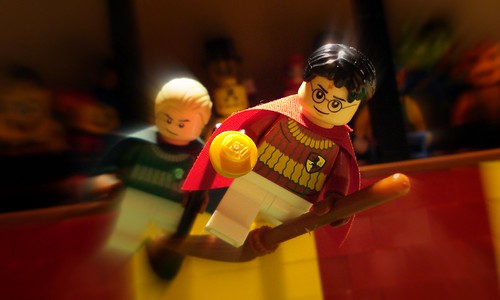The following guest post is by Josie Keenan, an FWR intern and second-year student at the University of Michigan.
More and more these days, I find myself bemoaning the fate of books. As Lee discussed in her recent blog “Let’s get digital”, downloadable books have been available for some time now. Digitization is one aspect of the way literature is changing, but what we are reading is also changing. Where novels were once belabored, deeply considered works in which every word of every sentence was deliberately placed, today it seems a more manufacturable task. One can write a novel just by purchasing the right MacBook software.
Similarly, Natalie’s gathering up of the various positions in the literary world on the “revision” of Mark Twain’s The Adventures of Huckleberry Finn in her January post “The Difference between the Lightning bug and the Lightning” made me realize that even past literature is becoming an increasingly manufactured entity; one that can be appropriately adapted and suited for digestion by any consumer (though seemingly more for those who prefer delicate, mild tastes over meat and spice).
There is probably no need to mention Twilight here, but I do think it interesting if not important to note the new “Teen Paranormal Romance” section in my local Barnes & Noble. We live in a world where when something sells, everyone sells it and sells everything related to it – action figures, bedding, toiletries – a world where authors like Stephen King can write fifty hit books and still have more to say. Where just ten days after the engagement between Prince William and Kate Middleton was announced, a book detailing their love story was released (followed by more books and even a comic book to be released in April.) To me, this seems less like literature and comedic artistic renderings and more like glorified gossip rags.It pains me to call a book a rag, but I can’t in good conscience equate literature with dolls and clothing as mere consumer goods, nor can I justify equating sensational, market-driven literature with the that of George Eliot and James Joyce.
I do not want literature to lose any value, though as I personally hold literature in such high regard perhaps this is a selfish motive. But I also do not want books to become an elitist, exclusionary enjoyment. Ultimately, I believe the purpose of literature to be a unifying one: that the power of a story lies in its ability to communicate an idea or perspective and connect people. I think the soul of literature emerges only when the reader’s soul is similarly engaged. To me, the connective powers of literature are what make it so beautiful.
Perhaps it is not a question of moving forward or backward, but the fact of us going there together. So whether we’re reading stories laced and bound by string and soft leather or clicking through screens at an Oxygen bar, if we’re going there together I suppose I must go. But I might have to step out for some air.

![I guess it makes sense for a robot to read an e-book [401]](http://farm5.static.flickr.com/4004/4333643093_4c3b470d5f.jpg)






